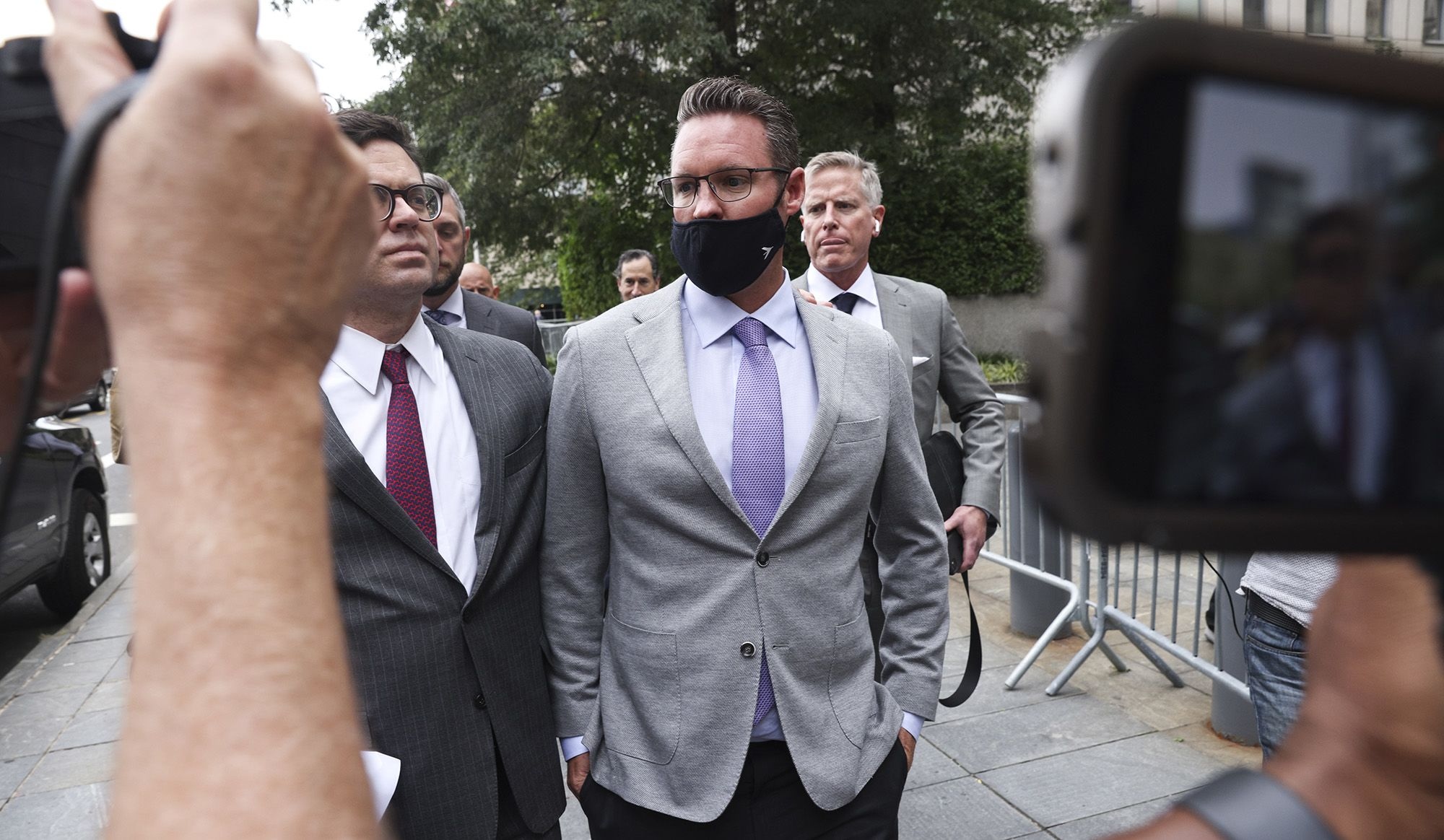Nov 4, 2021
Nikola jumps after revealing possible US$125M pact with SEC
, Bloomberg News
Nikola founder resigns as chair amid short-seller allegations, SEC probe
Nikola Corp. surged the most in five months after disclosing settlement talks with regulators in which the company would pay a US$125 million civil penalty, bringing the embattled electric-truck maker a step closer to closing a probe that’s cast a shadow over its path to production.
The company expects to pay the fine in installments, with a final deal subject to further negotiations with the U.S. Securities and Exchange Commission, the company said Thursday as it reported third-quarter financial results. The agency has been examining claims by a short-seller that Nikola deceived investors about its business prospects.
“We believe now we have a potential settlement on the horizon,” Chief Executive Officer Mark Russell said on a call with analysts.
Nikola rose 11 per cent to US$14.11 at 10:55 a.m. in New York after advancing as much as 15 per cent, the most intraday since June 2. The stock was down 17 per cent this year through Wednesday’s close, while the Russell 2000 Index advanced 22 per cent.
The company, whose former executive chairman was charged with misleading investors, is trying to beat out established automakers by producing battery-electric and fuel-cell semi trucks, and by establishing a hydrogen fueling infrastructure to power them. The Phoenix, Arizona-based manufacturer promised to beat Tesla Inc. to market with a commercial EV and was the poster child for SPAC-listed clean energy upstarts in 2020.
Nikola also projected delivering “at least” 25 battery-electric trucks to customers by year-end. That was the low end of a range that the company outlined in August, when it slashed its forecast in half from 50 to 100 vehicles because of supply-chain bottlenecks.
And those vehicles may not be available for sale.
The global semiconductor shortage could affect regulatory and quality controls, Chief Financial Officer Kim Brady said on the call. If the vehicles are classified as “non-salable,” Nikola won’t be able to book revenue on them. They could still be delivered and then retrofitted with production-quality parts next year as they become available, he said.

The company fell from grace after its founder and former chairman, Trevor Milton, was charged with defrauding investors. The fallout from comments he had made about the company’s technology and achievements had already led to negative comments from the short-seller and the cancellation of a deal with General Motors Co.
Nikola said Thursday it would seek reimbursement from Milton for the costs and damages in connection to the SEC’s investigation and other government probes.
The company posted a third-quarter adjusted loss of 22 cents a share, while analysts expected a 26-cent loss, according to the average of estimates compiled by Bloomberg. The company reported no revenue.
Core parts for its first trucks will be built in Ulm, Germany, under a joint venture with CNH Industrial NV’s Iveco unit, Nikola said Thursday. Final assembly will take place at Nikola’s Coolidge, Arizona, facility.
The fuel-cell version of its semi truck is on schedule to enter production in 2023 at Nikola’s Coolidge factory. Nikola has built seven prototypes of the FCEV semi -- two in Ulm and and five in Arizona -- and has begun track-testing the vehicles.
The company is expanding its assembly facility in Arizona and said it will be capable of producing as many as 2,400 trucks next year. Further expansion would boost the plant’s capacity to 50,000 trucks a year.




